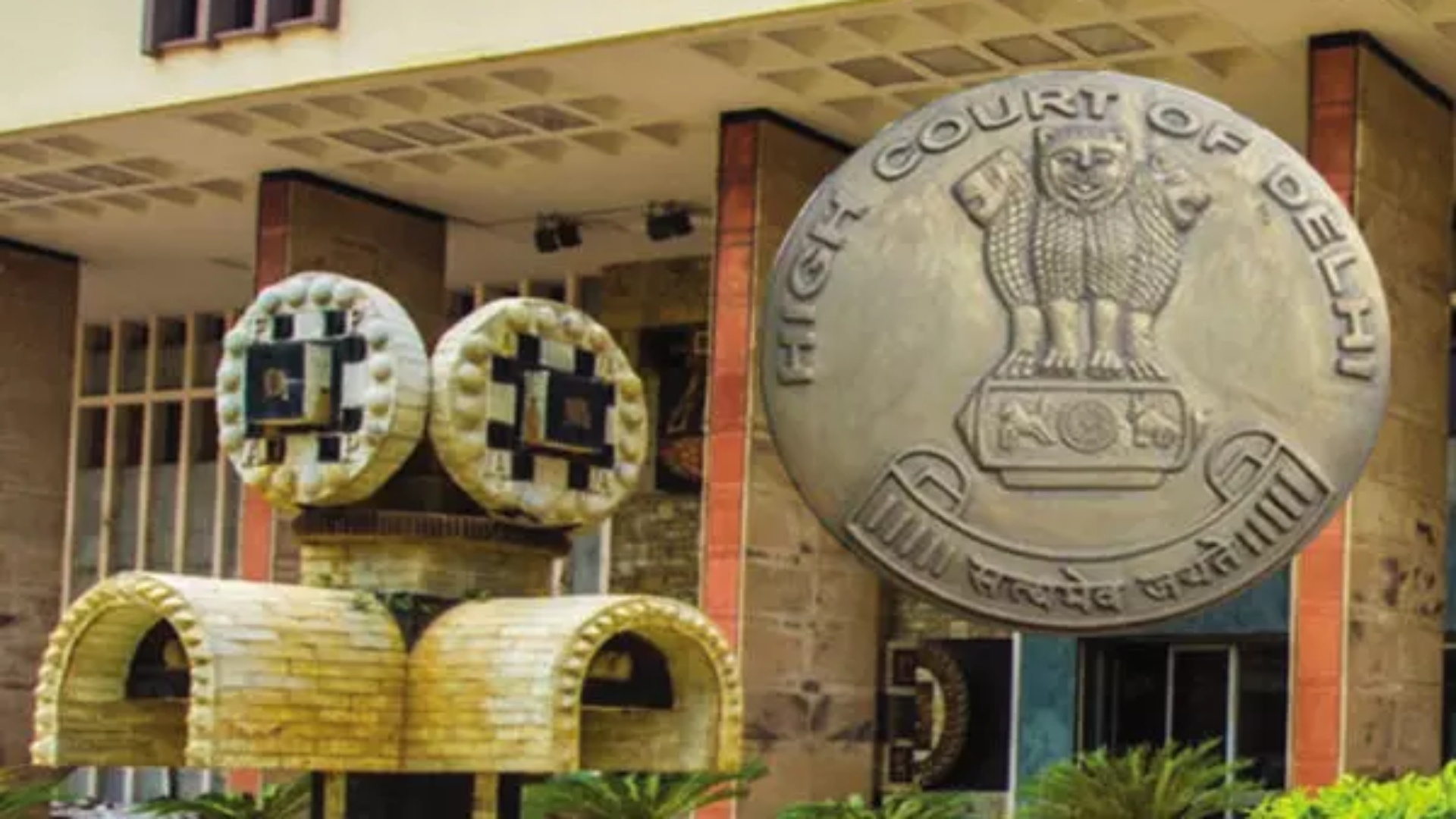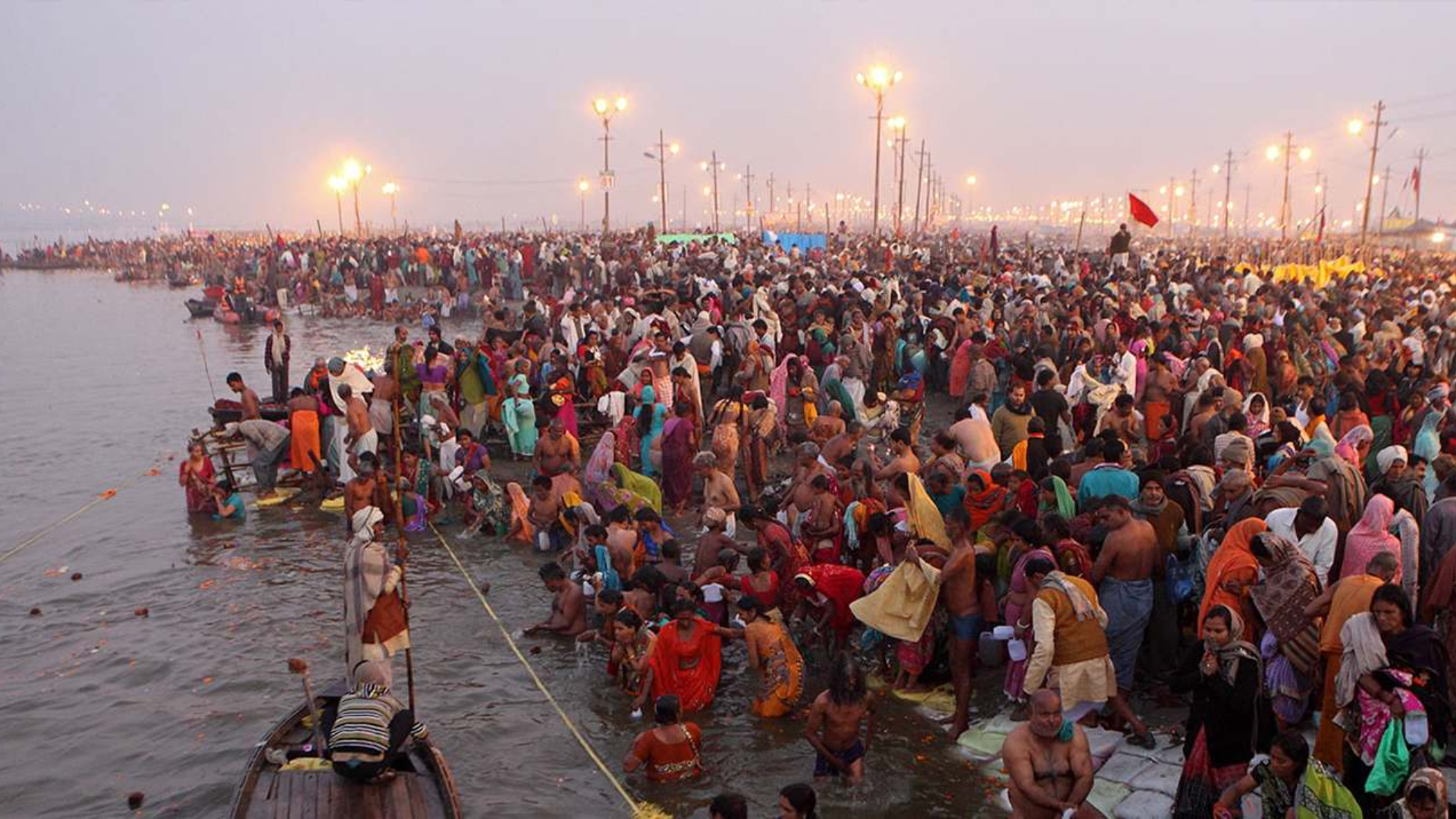Ahead of the upcoming BRICS summit, Russia has urged its partners within the bloc to establish an alternative financial institution aimed at reducing reliance on Western-controlled financial bodies. The proposal, put forward by Russian Finance Minister Anton Siluanov, was discussed at a meeting of BRICS finance and central bank officials held in Moscow this week.
A New Path for BRICS: Reducing Dependency on Western Institutions
BRICS, originally composed of Brazil, Russia, India, China, and South Africa, has recently expanded to include Egypt, Ethiopia, Iran, the United Arab Emirates, and Saudi Arabia. Together, these nations now represent approximately 37% of the global economy. Amid the group’s increasing economic influence, there is growing interest in developing new financial mechanisms to safeguard BRICS members from political pressures stemming from Western institutions like the International Monetary Fund (IMF) and the World Bank.
During the meeting, Siluanov emphasized the growing disconnect between the West’s financial institutions and the needs of BRICS countries, stating,
“The IMF and the World Bank are not performing their roles. They are not working in the interests of BRICS countries.”
He added that the formation of new financial structures, akin to the Bretton Woods institutions, but more aligned with BRICS’ interests, is essential. “It is necessary to form new conditions or even new institutions, similar to the Bretton Woods institutions, but within the framework of our community, within the framework of BRICS,” he stated.
Motivations Behind Russia’s Push
Russia’s call for an alternative financial institution comes in the wake of its economic struggles, particularly due to Western sanctions following its invasion of Ukraine in February 2022. These sanctions have severely disrupted Russia’s economy, freezing its foreign exchange reserves in dollars and euros, and excluding it from global capital markets.
The sanctions have also resulted in delays and obstacles in international financial transactions, even with BRICS partners, as banks in these nations fear secondary penalties from Western regulators. This has fueled Russia’s push for an independent financial system, one less reliant on Western-backed institutions.
Current Financial Structures within BRICS
So far, the only major financial institution created by BRICS is the New Development Bank (NDB), established in 2015. The NDB was designed to finance infrastructure and sustainable development projects across BRICS countries and other emerging economies. While the NDB has seen some success, the group has yet to develop a comprehensive financial system that can compete with the IMF or the World Bank.
In addition to the NDB, Russia’s central bank governor, Elvira Nabiullina, has previously suggested the creation of a “BRICS Bridge” payment system to enhance financial connectivity across the group. However, progress has been slow, with technical difficulties and varying regulatory environments in each BRICS nation posing significant challenges to implementation.
Strategic Vision for a New Financial Framework
Siluanov’s proposal envisions a financial institution that would focus on strengthening economic cooperation among BRICS members and insulating them from Western political and economic pressures. The new institution is expected to cater to the specific financial needs of the growing BRICS coalition, providing support to countries that often struggle to access global capital markets.
The aim is to establish a system that can protect member countries from sanctions and provide a secure platform for economic stability during times of geopolitical uncertainty. Though details on the structure and operations of this new institution remain vague, Siluanov’s remarks signal Russia’s ambition to reshape the global financial order and reduce its reliance on traditional Western institutions.
Challenges to the Proposal
While the proposal has garnered attention, it faces several significant hurdles. One of the main challenges will be aligning the diverse economic systems, regulatory frameworks, and geopolitical interests of BRICS members. The newly expanded group, now comprising countries with varying economic profiles and political inclinations, may find it difficult to reach a consensus on creating a unified financial body.
Furthermore, ensuring adequate funding and buy-in from all member states will be crucial for the success of the initiative. The expanded BRICS bloc, though powerful in terms of economic weight, still faces internal differences that could complicate the realization of this ambitious financial vision.
Can BRICS Transform the Global Financial Landscape?
The recent expansion of BRICS to include more nations has undoubtedly increased its collective influence on global financial matters. As these countries explore alternatives to Western-dominated financial institutions, the question remains: Can the expanded BRICS group successfully create a robust, self-sustaining financial mechanism that rivals the IMF and the World Bank?
While the path forward remains uncertain, Russia’s push for a new financial institution represents a significant step in reshaping the global economic landscape, with BRICS playing a more assertive role in the world’s financial system. However, it will take time, cooperation, and significant effort to bring such an institution to fruition.
(INCLUDES INPUTS FROM ONLINE SOURCES)
ALSO READ: Airstrike In Beirut : 22 Killed, 117 Injured, Israel Targets Senior Officials



















